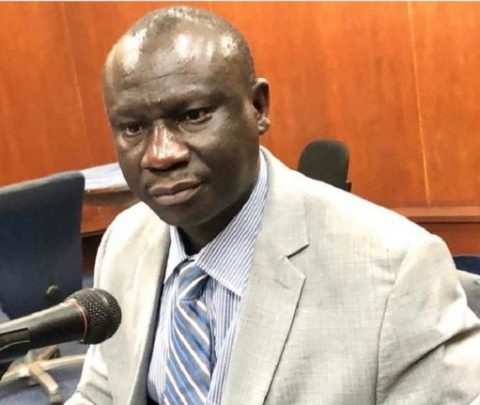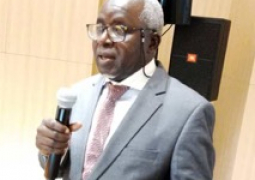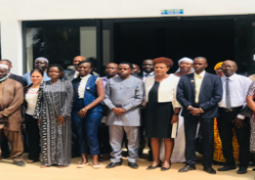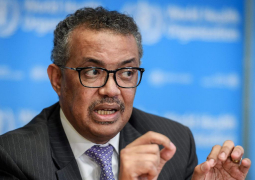
The Index covers 12 freedoms from property rights to financial freedom in 184 countries. Economic freedom is the fundamental right of every human to control his or her own labour and property. In an economically free society, individuals are free to work, produce, consume and invest in any way they please. In economically free societies, Governments allow labour, capital and goods to move freely and refrain from coercion or constraint of liberty beyond the extent necessary to protect and maintain liberty itself.
The report further highlighted that The Gambia’s economic growth rate had been relatively robust before slowing to a complete stop by 2020.
"Growth resumed in 2021. Economic freedom has improved over the same period. With the help of an IMF Extended Credit Facility Loan in 2020 that led to a recovery in fiscal health, The Gambia has recorded a 4.6-point overall gain in economic freedom since 2017. It remains in the upper half of the “Mostly Unfree” category. Scores for tax burden and Government spending are relatively good but financial freedom and rule of law exhibit weaknesses."
"The impact of Covid-19: As of December 1, 2021, 342 deaths had been attributed to the pandemic in The Gambia and the Government’s response to the crisis ranked 163rd among the countries included in this Index in terms of its stringency. The economy registered no growth in 2020."





